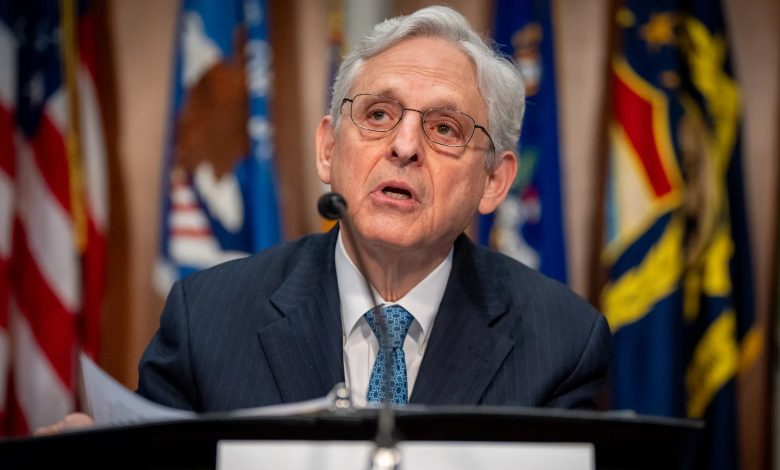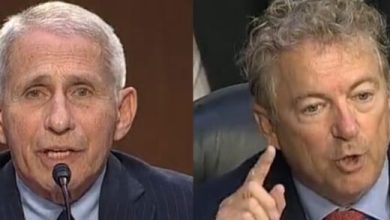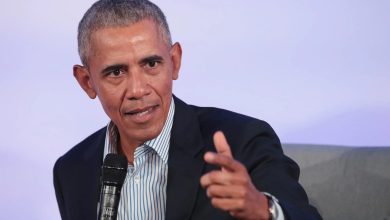DOJ Announces Decision On Merrick Garland’s Contempt Of Congress Charge

The Justice Department won’t prosecute Merrick Garland for contempt of Congress over the Biden audio tapes.
The House of Representatives on Thursday voted to hold Merrick Garland in criminal contempt of Congress for defying a subpoena.
Last month two GOP-led House committees passed resolutions recommending US Attorney General Merrick Garland be held in contempt of Congress for refusing to hand over audio of Biden’s interview with Special Counsel Robert Hur.
Merrick Garland has reportedly “classified at the highest level” the audio tapes of Joe Biden’s embarrassing interview with Special Counsel Hur. The tapes have been locked away in a Sensitive Compartmented Information Facility (SCIF), according to investigative journalist Paul Sperry.
House Oversight Chairman James Comer previously argued that Joe Biden cannot assert executive privilege over the audio of his interview with Robert Hur because the transcript has already been publicly released.
The White House previously admitted in federal court to altering the transcript of Joe Biden’s testimony with Special Counsel Robert Hur.
The edits were made to artificially inflate Biden’s competence during his five-hour interrogation about his mishandling of stolen classified documents.
It was revealed that during interviews with Special Counsel Robert Hur, Joe Biden struggled to answer even basic questions, such as when he served as Vice President or the year his son Beau passed away from brain cancer.
The Justice Department said Merrick Garland did not commit a crime when he defied a congressional subpoena and refuse to hand over the Biden audio tapes.
The AP reported:
Attorney General Merrick Garland will not be prosecuted for contempt of Congress because his refusal to turn over audio of President Joe Biden’s interview in his classified documents case “did not constitute a crime,” the Justice Department said Friday.
In a letter to House Speaker Mike Johnson, a Justice Department official cited the department’s longstanding policy not to prosecute officials who don’t comply with subpoenas because of a president’s claim of executive privilege.


